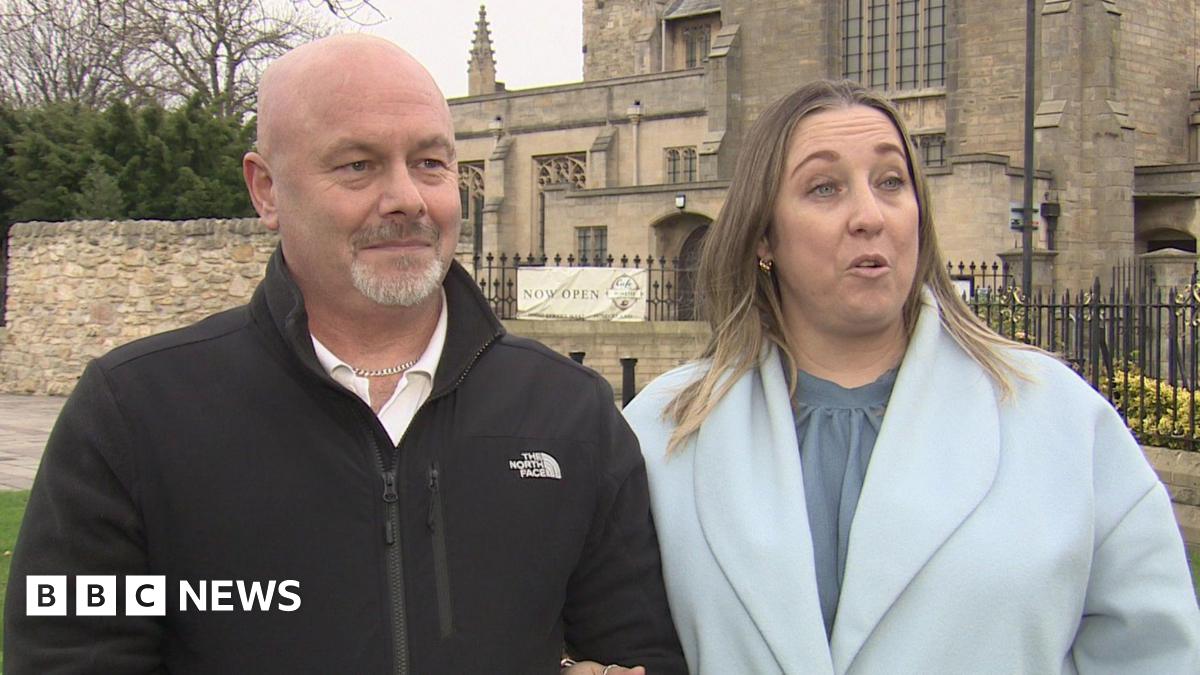“It’s really wonderful, to me it’s recognition for the Forum Music Studio and everyone behind it.”
Campaigner Gill Castle, from Alnwick, received a BEM for services for people living with stomas.
In 2023, she became the first person fitted with a…

“It’s really wonderful, to me it’s recognition for the Forum Music Studio and everyone behind it.”
Campaigner Gill Castle, from Alnwick, received a BEM for services for people living with stomas.
In 2023, she became the first person fitted with a…